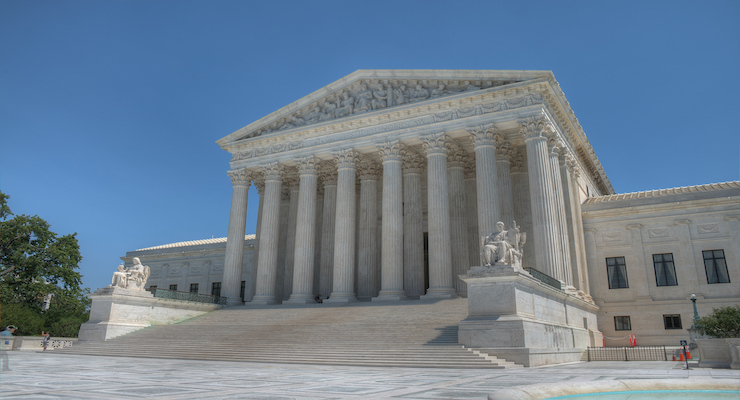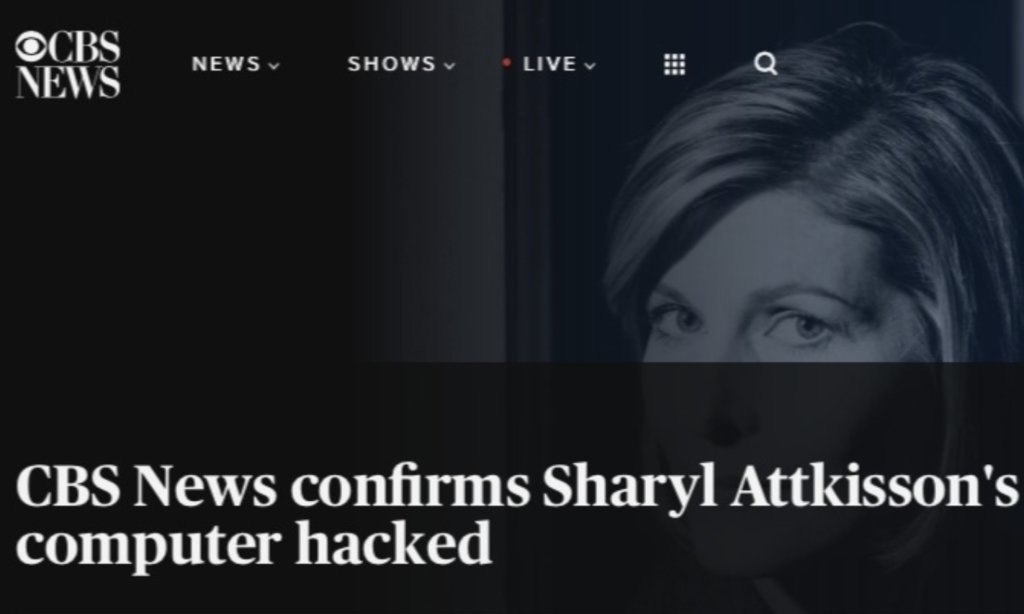
Photo: David Dugan
The U.S. Supreme Court recently refused to hear two cases involving 2020 election challenges.
A one-sentence opinion put an end to two so-called “kraken” cases filed by pro-Trump lawyer Sidney Powell, taking issue with the election results in Arizona and Wisconsin.

This comes on the heels of the Supreme Court’s decisions not to intervene in the New York’s District Attorney’s quest to obtain former President Trump’s tax records, and the Court declining to hear several cases challenging Pennsylvania’s “ballot-integrity” measures.
The Sidney Powell petitions urged the Court to hear her cases, saying they involved questions that were matters of public importance:
A submission directly to this Court seeking an extraordinary writ of mandamus is unusual, but it has its foundation. While such relief is rare, this Court will grant it ‘where a question of public importance is involved, or where the question is of such a nature that it is peculiarly appropriate that such action by this Court should be taken.
Petitions for Writ of Mandamus, Cases 20-871, 20-859, and 20-858
The issues the petitions posed to the Supreme Court were:
- Who has legal “standing” to challenge the outcome of a presidential election? (The Supreme Court declined to hear several challenges prior to the certification of the 2020 electoral college results, stating that the petitioners did not have legal “standing”, or did not suffer direct injury or harm from the alleged election fraud.)
- Whether federal courts can and should hear cases of alleged election fraud and illegality based on the U.S. Constitution.
- When are claims to de-certify results of a presidential election permitted?
- Whether a federal court can invalidate an unconstitutional election and bar appointed electors from voting in the electoral college.










